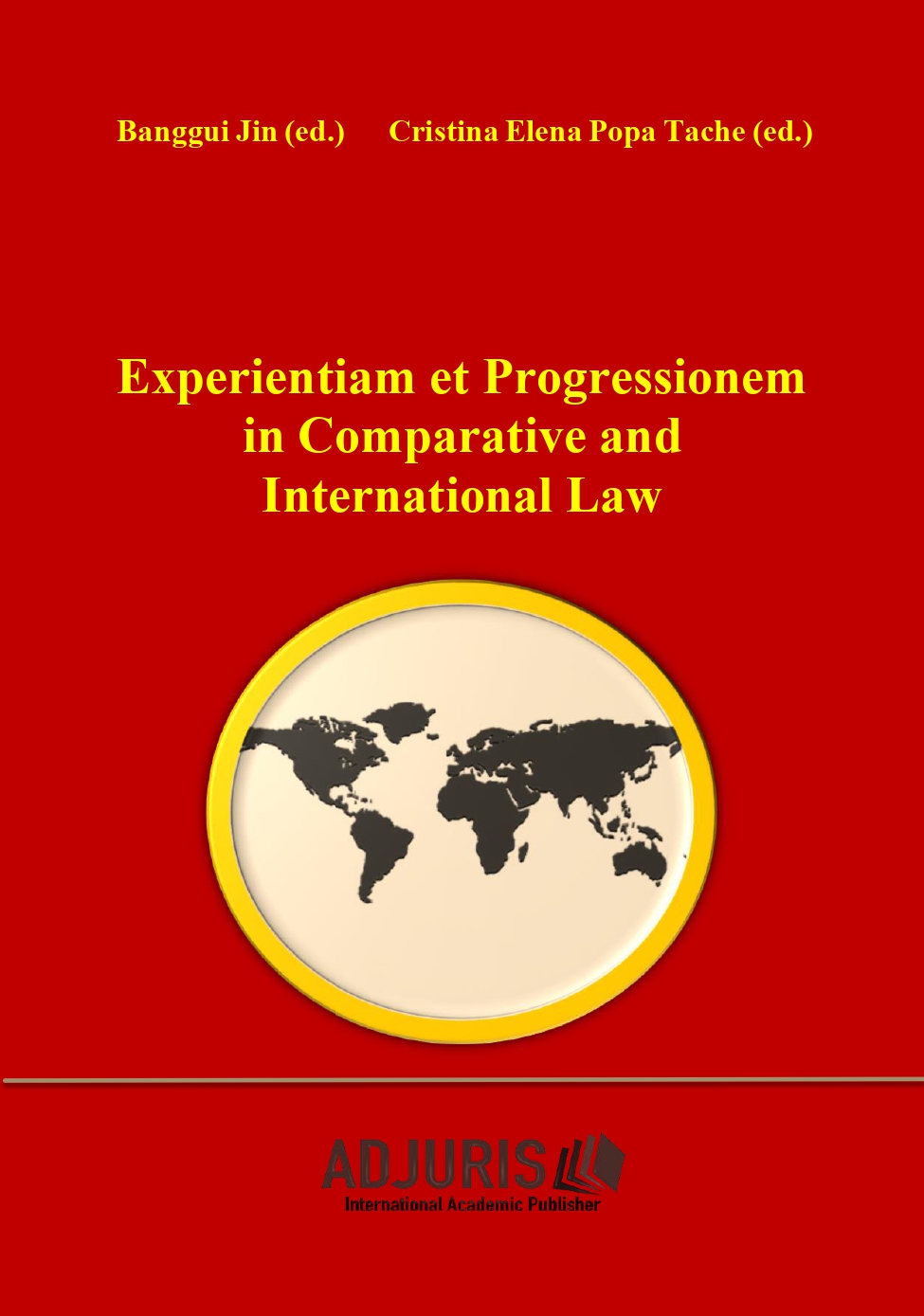Tools for Official Relations in Public Activity - Disparities in Good Administrative Behaviour
Tools for Official Relations in Public Activity - Disparities in Good Administrative Behaviour
Author(s): Camelia Daciana Stoian, Cristian Măduța
Subject(s): Politics / Political Sciences, Law, Constitution, Jurisprudence, Public Administration, Public Law, EU-Legislation, Administrative Law
Published by: Societatea de Stiinte Juridice si Administrative
Keywords: relationship; abuse of power; good administrative behaviour;
Summary/Abstract: The present research aims at the need to take up the example of the provisions of the European Code of Good Administrative Behaviour at the level of public administration of the member countries. In fact, the activities performed by civil servants or contractual staff in the public power regime, more precisely in the segment of law enforcement, in the segment of public service provision, have the same legal regime seen through the angle of interest of the citizen of the same member state as the citizen of the Union, or of any legal person. Any communication at official level has as its central point certain principles and limits imposed for reasons of private interest and categorical public interest. However, employees of the national public administration, viewed individually in conjunction with their own duties, have not implemented the procedural principles set out in the practice of the Court of Justice of the European Union with regard to 'limits' and do not have a methodology to follow in identifying a balance between the permitted degree of transparency of their work in relation to citizens' requests. At the same time, the way of decent expression of the justified impartial attitude in the legal and efficient solution of requests in the daily work with the public, has not implemented the standards of good administrative conduct aimed at guaranteeing the efficiency of the work and the quality of public service at the same time. The implications of this study aim to outline the essence of the obligation to adopt a Code of Good Administrative Behaviour at the level of each Member State, based on the citizen's right to good administration, on the case law of national and European courts and on the practical explanation of convergent coordinating lines such as, for example: legality and proportionality or the clear absence of abuse of power and honesty.
- Page Range: 108-113
- Page Count: 6
- Publication Year: 2022
- Language: English
- Content File-PDF

